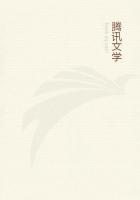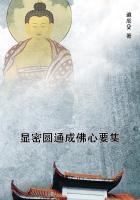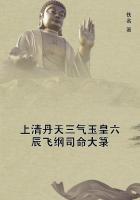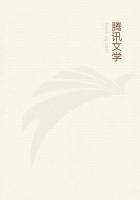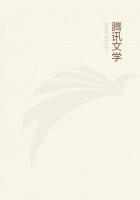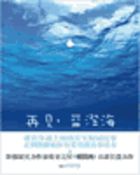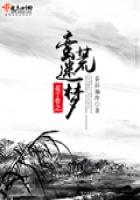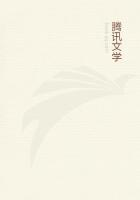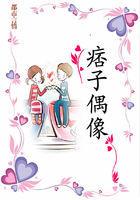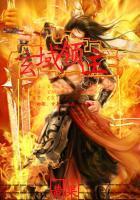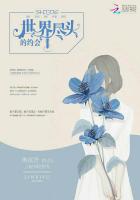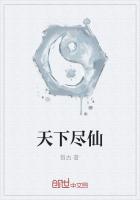I am unable to determine what was the target of the insurrection said to have been led (whether rightly or wrongly) by Jesus, if it was not the Jewish church--"church" being here used in exactly the same sense that the word has today. It was an insurrection against the "good and just," against the "prophets of Israel," against the whole hierarchy of society-- not against corruption, but against caste, privilege, order, formalism. It was unbelief in "superior men," a Nay flung at everything that priests and theologians stood for. But the hierarchy that was called into question, if only for an instant, by this movement was the structure of piles which, above everything, was necessary to the safety of the Jewish people in the midst of the "waters"--it represented their last possibility of survival; it was the final residuum of their independent political existence; an attack upon it was an attack upon the most profound national instinct, the most powerful national will to live, that has ever appeared on earth. This saintly anarchist, who aroused the people of the abyss, the outcasts and "sinners," the Chandala of Judaism, to rise in revolt against the established order of things--and in language which, if the Gospels are to be credited, would get him sent to Siberia today--this man was certainly a political criminal, at least in so far as it was possible to be one in so absurdly unpolitical a community. This is what brought him to the cross: the proof thereof is to be found in the inscription that was put upon the cross. He died for his own sins--there is not the slightest ground for believing, no matter how often it is asserted, that he died for the sins of others.-- 28. As to whether he himself was conscious of this contradiction--whether, in fact, this was the only contradiction he was cognizant of--that is quite another question. Here, for the first time, I touch upon the problem of the psychology of the Saviour.-- I confess, to begin with, that there are very few books which offer me harder reading than the Gospels. My difficulties are quite different from those which enabled the learned curiosity of the German mind to achieve one of its most unforgettable triumphs. It is a long while since I, like all other young scholars, enjoyed with all the sapient laboriousness of a fastidious philologist the work of the incomparable Strauss. 5 At that time I was twenty years old: now I am too serious for that sort of thing. What do I care for the contradictions of "tradition"? How can any one call pious legends "traditions"? The histories of saints present the most dubious variety of literature in existence; to examine them by the scientific method, in the entire absence of corroborative documents, seems to me to condemn the whole inquiry from the start--it is simply learned idling. 29. What concerns me is the psychological type of the Saviour. This type might be depicted in the Gospels, in however mutilated a form and however much overladen with extraneous characters--that is, in spite of the Gospels; just as the figure of Francis of Assisi shows itself in his legends in spite of his legends. It is not a question of mere truthful evidence as to what he did, what he said and how he actually died; the question is, whether his type is still conceivable, whether it has been handed down to us.--All the attempts that I know of to read the history of a "soul" in the Gospels seem to me to reveal only a lamentable psychological levity. M. Renan, that mountebank in psychologicus, has contributed the two most unseemly notions to this business of explaining the type of Jesus: the notion of the genius and that of the hero ("heros"). But if there is anything essentially unevangelical, it is surely the concept of the hero. What the Gospels make instinctive is precisely the reverse of all heroic struggle, of all taste for conflict: the very incapacity for resistance is here converted into something moral: ("resist not evil !"--the most profound sentence in the Gospels, perhaps the true key to them), to wit, the blessedness of peace, of gentleness, the inability to be an enemy. What is the meaning of "glad tidings"?--The true life, the life eternal has been found--it is not merely promised, it is here, it is in you; it is the life that lies in love free from all retreats and exclusions, from all keeping of distances. Every one is the child of God--Jesus claims nothing for himself alone--as the child of God each man is the equal of every other man. . . .Imagine making Jesus a hero! --And what a tremendous misunderstanding appears in the word "genius"! Our whole conception of the "spiritual," the whole conception of our civilization, could have had no meaning in the world that Jesus lived in. In the strict sense of the physiologist, a quite different word ought to be used here.
. . . We all know that there is a morbid sensibility of the tactile nerves which causes those suffering from it to recoil from every touch, and from every effort to grasp a solid object. Brought to its logical conclusion, such a physiological habitus becomes an instinctive hatred of all reality, a flight into the "intangible," into the "incomprehensible"; a distaste for all formulae, for all conceptions of time and space, for everything established--customs, institutions, the church--; a feeling of being at home in a world in which no sort of reality survives, a merely "inner"world, a "true" world, an "eternal" world. . . . "The Kingdom of God is within you" . . . . 30. The instinctive hatred of reality: the consequence of an extreme susceptibility to pain and irritation--so great that merely to be "touched"becomes unendurable, for every sensation is too profound.

